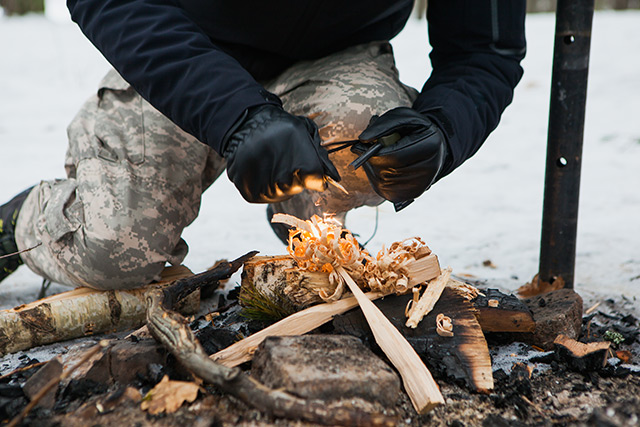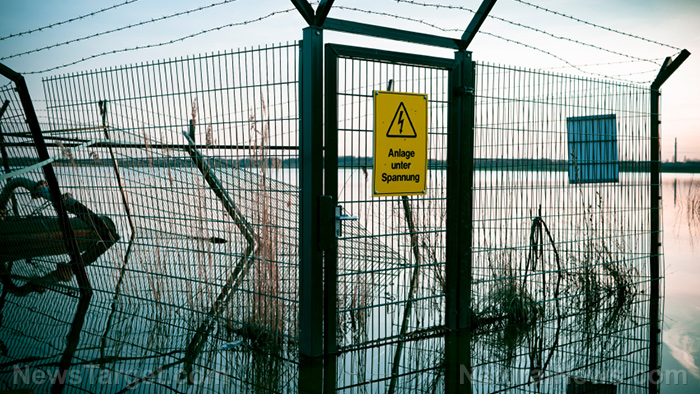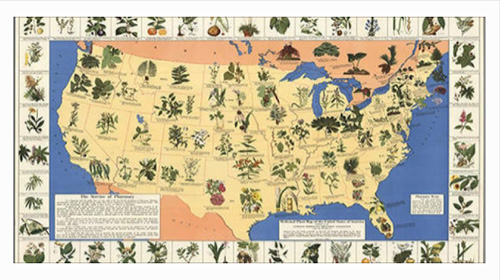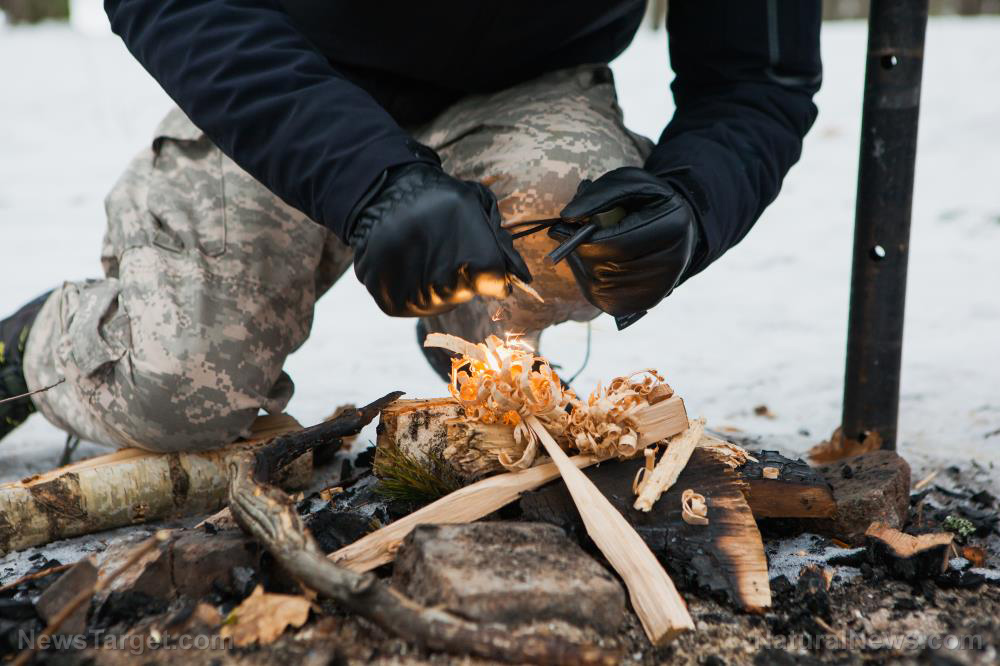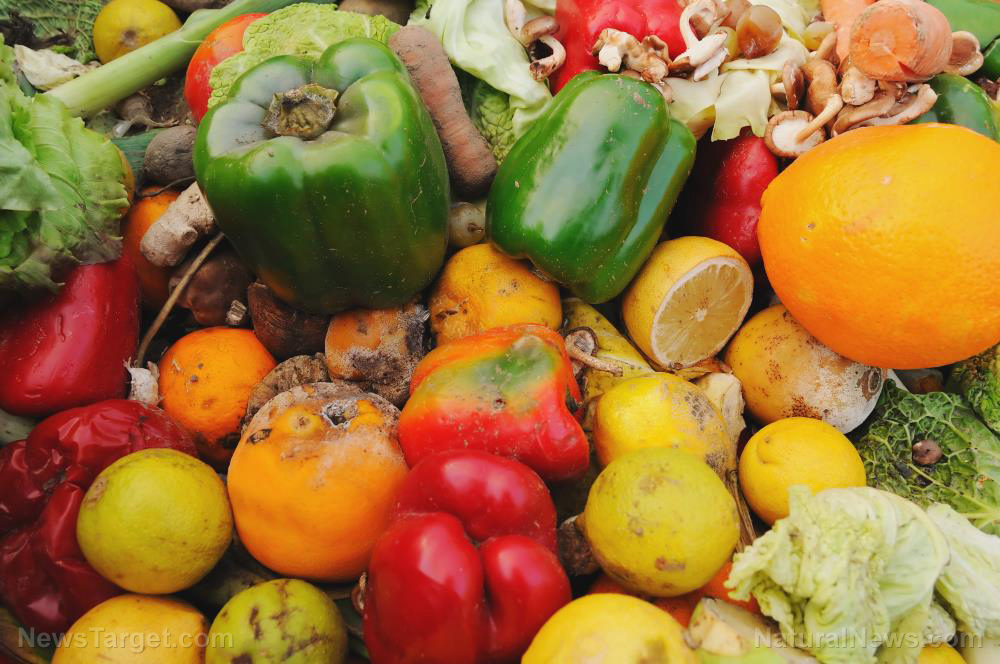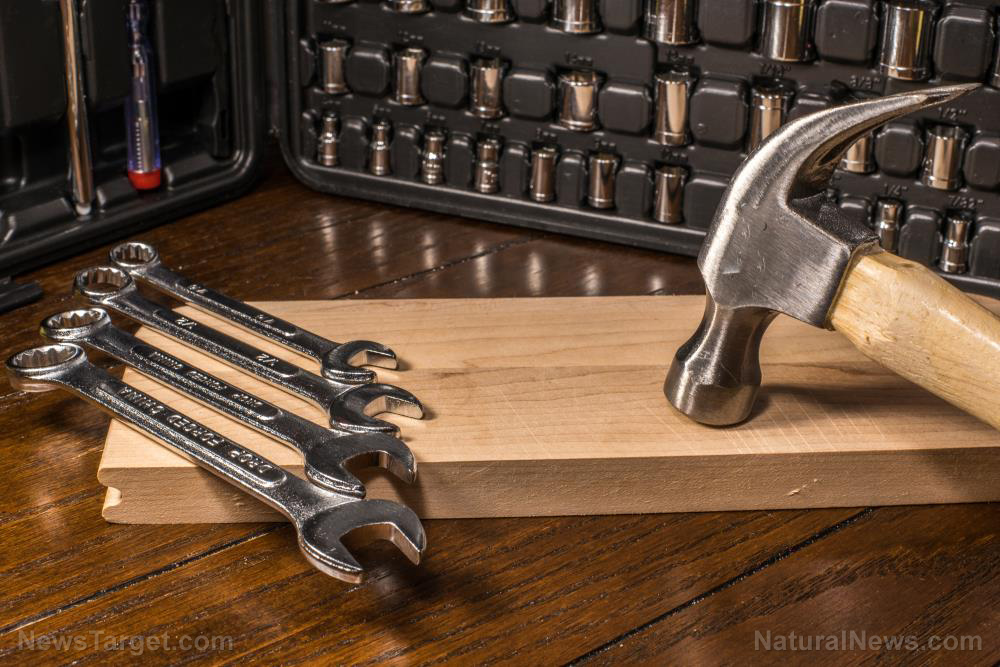How to seal a Mason jar without an electric vacuum sealer
07/06/2018 / By Zoey Sky
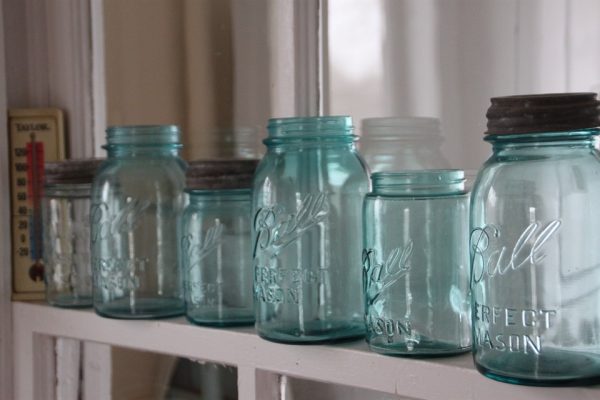
Mason jars, typically used when home canning produce, are versatile containers that can also store different kinds of food, such as grains or cereals. Some preppers even use these sturdy jars to store all sorts of odds and ends.
But what do you do if electricity runs out and you still need to seal Mason jars of food to prevent spoilage? (h/t to iSurvivalSkills.Blogspot.com.)
Sealing Mason jars with a hand-held vacuum pump
A vacuum sealing system can cost hundreds of dollars, but you don’t need to spend that much to keep your food sealed for emergency food storage. The video above details simple steps you need to follow to vacuum seal a Mason jar.
You can buy a FoodSaver wide-mouth jar sealer online for about $10, while a hand-held vacuum costs at least $30. Compared to a vacuum sealing system that costs at least $100 to $200, $40 is a steal. The good thing is that this method doesn’t require electricity or battery power of any kind.
Before you start sealing the jar with the vacuum pump, connect the hose to the jar sealer.
Tools:
- Hand-held vacuum pump
- Mason jar (with a lid and band)
- Wide-mouth FoodSaver jar sealer
Steps:
- Clean the Mason jar and dry it thoroughly.
- Do not fill the Mason jar with food. Leave at least an inch of space from the rim of the jar.
- Place the lid on top of the Mason jar.
- Put the jar sealer on top of the lid, then press down firmly until it snaps into place. The jar sealer must fully cover the entire rim of the Mason jar.
- A regular-sized Mason jar will need about one full minute of pumping with the vacuum sealer. Let the needle on the gauge reach at least 20 inches of mercury (in Hg), which is about the same pressure you will need when using an electric vacuum sealer.
- Once you’re done pumping, press the tiny valve under the nozzle to release the pressure on the top of the sealer. If done correctly, the jar will stay pressurized.
- Screw on the band of the Mason jar to seal it.
To open the jar, unscrew the Mason jar band. You will need a spoon to release the pressure in the jar. Simply wedge a the spoon under the lid to open the jar.
With this easy workaround, you can seal several Mason jars with food using a simple hand-held vacuum. Start using this tip today to fill your stockpile with preserved produce so you don’t starve if and when SHTF.
Other uses for Mason jars
Aside from canning, here are 10 survival uses for a Mason jar:
- Ammo cache — Fill several Mason jars with commonly-used ammunition cartridges (e.g., .22 LR, 9mm, .308, etc.), and bury them at a bug-out site or in your backyard. Take note of where you’ve hid the jars so you can find them if you need them.
- Bank — Fill a Mason jar with valuable coins, jewelry, and other bank-worthy items, then safely bury it in a marked area so you don’t forget where you hid it. Skip the paper money or documents because the jar might corrode and let moisture in. Tell people you trust where you’ve hid the jar so they’ll know where to find it.
- First Aid kit — Use Mason jars as waterproof containers for first aid supplies.
- Homebrew — The jars can also be used to store homemade alcoholic drinks like beer, whiskey, or wine.
- Lantern — Place a small candle in an uncovered jar to create a wind-proof lantern for home or camp use.
- Storage for dry foods — Store dried goods like beans or rice in Mason jars. The jar’s band will keep pests like bugs and rodents away. The jars can also prevent dampness from ruining your dry-food stores. You can also add food-safe oxygen absorber packets or desiccant packs to the jars so the food stays fresh longer.
- Storage for game and foraged vegetables — Mason jars can also be used to store game and foraged vegetables, as long as they are properly prepared.
- Tinderbox — When camping or hiking outdoors, you can use a Mason jar as a tinderbox. Keep dryer lint, shredded bark, or other kinds of tinder in a jar so they stay dry.
- Weaponry — If you need to defend yourself, carefully break a Mason jar and use the shards to make arrowheads or glass knives.
- Wild pharmacy — Keep medicinal plants that you’ve grown or collected in Mason jars.
You can read more articles about the other ways to use a mason jar at Foodsupply.news.
Sources include:
Tagged Under: bug out, Collapse, disaster, food prep, food preparation, food supply, FoodSaver, FoodSaver jar sealer, how to, Mason jar, off grid, pickled vegetables, pickles, pickling, preparedness, preparedness and survival, prepper, prepping, preservation, SHTF, survival, survival food, survival skills, vacuum sealer, vegetables

